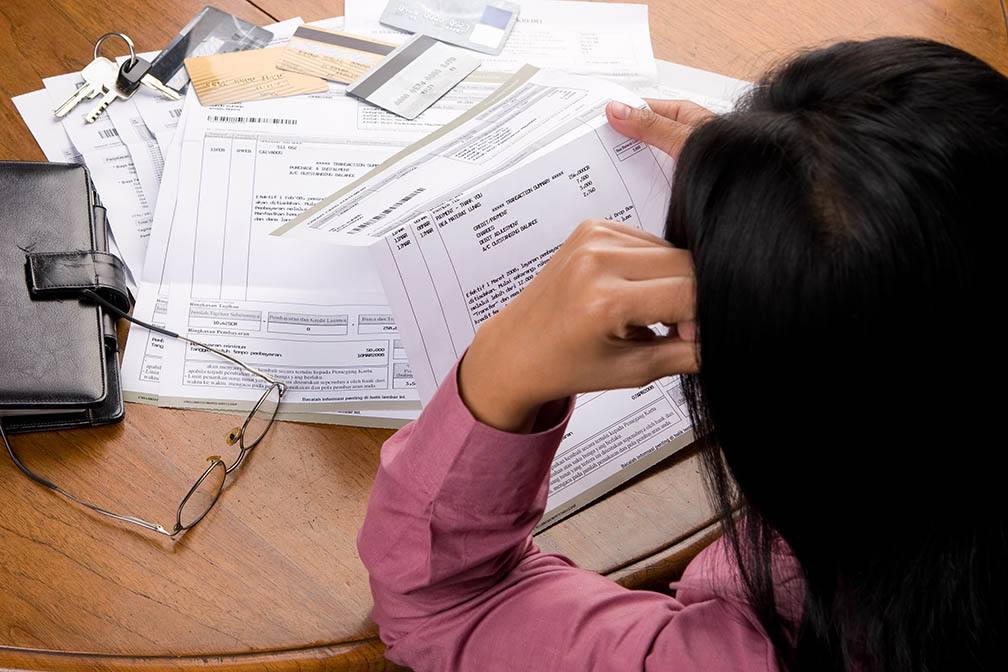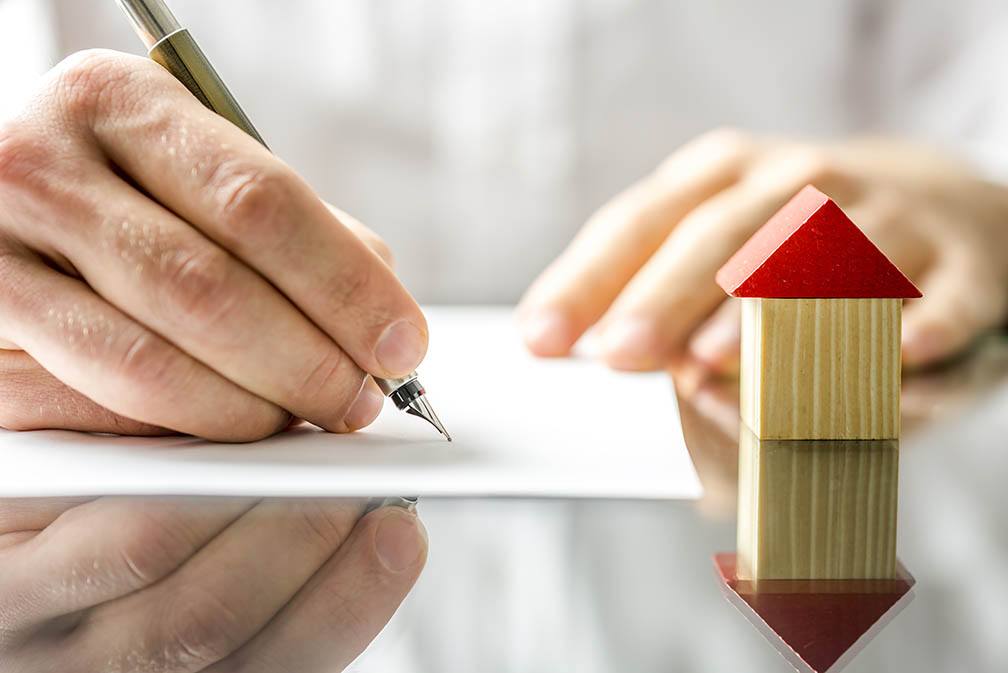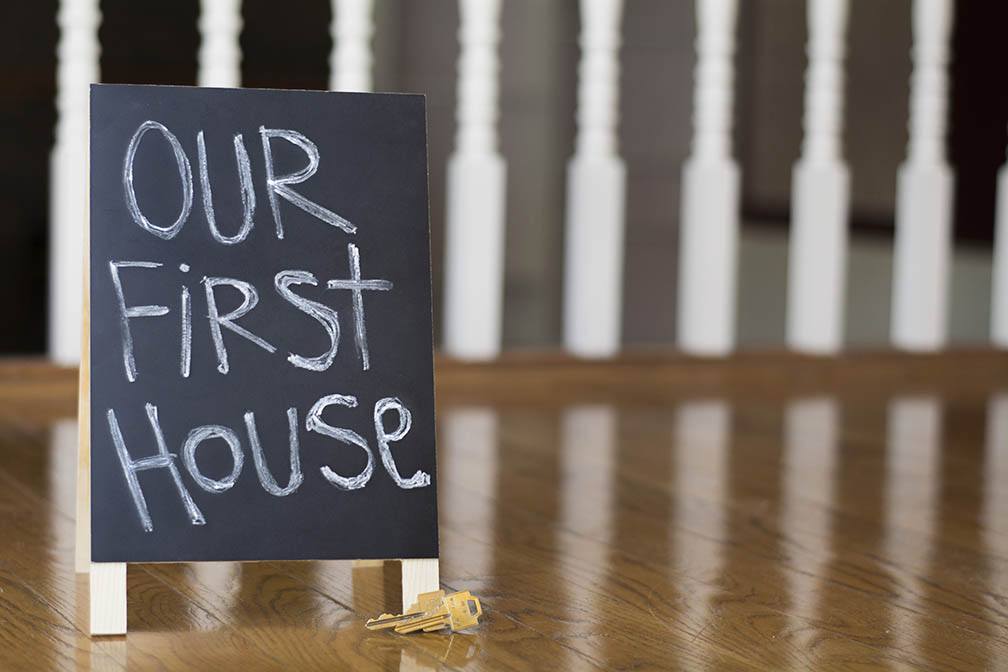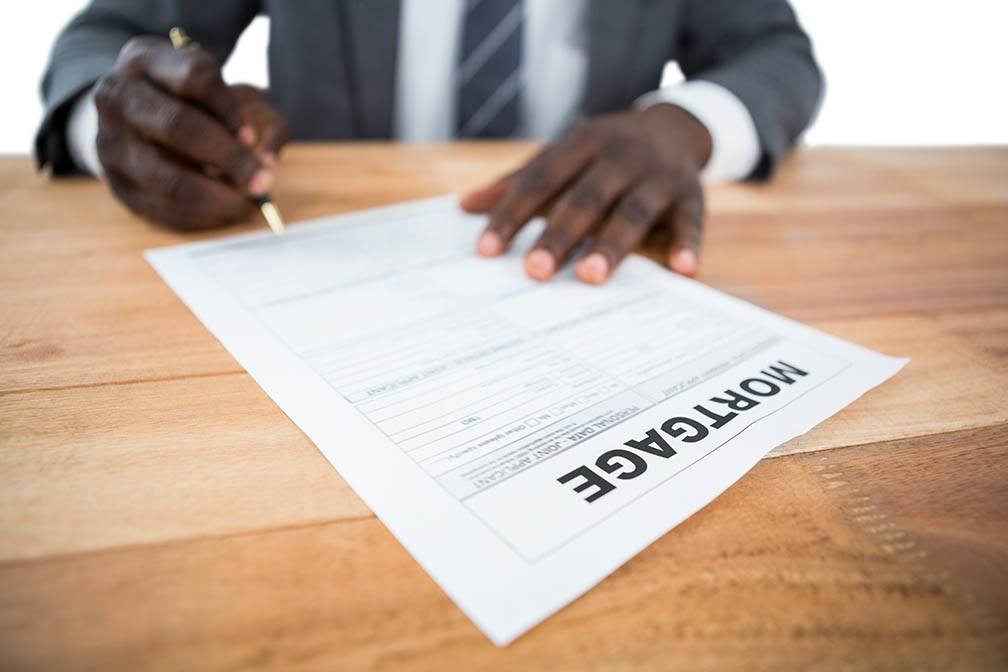 It may feel like a daunting task to consider buying a home after you’ve declared bankruptcy, and there’s no doubt that it’s an uphill battle. Fortunately, while you’ll have hard work ahead, there are things you can do in order to make your dream of home ownership a possibility. Whether you’ve just declared bankruptcy or some time has passed, here are some things you should consider before getting into the market.
It may feel like a daunting task to consider buying a home after you’ve declared bankruptcy, and there’s no doubt that it’s an uphill battle. Fortunately, while you’ll have hard work ahead, there are things you can do in order to make your dream of home ownership a possibility. Whether you’ve just declared bankruptcy or some time has passed, here are some things you should consider before getting into the market.
Wait It Out
It might not be what you want to hear, but you’ll have to wait before you purchase a home following bankruptcy. Since lenders will not want to take the risk on someone that has proven to have poor financial habits, they will require a waiting period in order for the credit risk you pose to improve. While this may seem like a long time, take the opportunity to improve your financial habits so you can be amply prepared when the time comes.
Build Up Your Credit
In order to own a home, you’ll need to develop some solid financial habits, and that means getting on top of your finances even in times when it feels like you have no leverage. Ensure you get a copy of your credit report and, if you notice any errors, reach out to the credit bureau for corrections. It’s also a good idea to consider applying for a secured credit card and ensure that you pay all of your bills on time. While it might feel like a lengthy task, developing good habits will have a positive impact on your credit over time.
Prepare For Your Payment
When it comes to a poor credit history, you’ll need to pull out every stop you can to convince lenders that you’re a solid financial bet. Write up a budget for yourself and save a sizable sum for your down payment each month. It’s possible that 10 or 15% down will do, but a 20% down payment will help you avoid private mortgage insurance (PMI) and will go further in convincing lenders of your reliability.
It’s more than a little disheartening to have to deal with bankruptcy, but by waiting it out and developing good financial habits in the interim, you’ll be well on your way to buying a home. If you’re currently preparing to purchase, contact your trusted real estate professional for more information.
 From ‘down payment’ to ‘adjustable rate’ to ‘debt-to-income’ ratio, there are so many terms involved in the mortgage process that it can be hard to learn them all and keep them straight. However, whether or not you’ve heard it, the term ‘amortization period’ might be one of the most important ones associated with your financial well-being. If you’re currently considering the period of loan you should choose, here are some things to think about before taking on a term.
From ‘down payment’ to ‘adjustable rate’ to ‘debt-to-income’ ratio, there are so many terms involved in the mortgage process that it can be hard to learn them all and keep them straight. However, whether or not you’ve heard it, the term ‘amortization period’ might be one of the most important ones associated with your financial well-being. If you’re currently considering the period of loan you should choose, here are some things to think about before taking on a term. The mortgage application process can be fraught with a lot of stress on its own, but if you’ve experienced issues with your credit in the past it can be even more taxing. While there may be a lot of things you may not be aware of when it comes to their impact on your credit, here are some things to watch out for if you’re planning on purchasing a home in the short-term future.
The mortgage application process can be fraught with a lot of stress on its own, but if you’ve experienced issues with your credit in the past it can be even more taxing. While there may be a lot of things you may not be aware of when it comes to their impact on your credit, here are some things to watch out for if you’re planning on purchasing a home in the short-term future. In many cities around the country, real estate prices are on the rise and potential buyers are working hard to find a home they can feel good about. However, finding the right home in a tight market can be even more of a challenge when it comes to striking the right balance. If you’re hedging around the market in the hopes of finding the perfect home, here are some things you should do to ensure you don’t miss out on a good opportunity.
In many cities around the country, real estate prices are on the rise and potential buyers are working hard to find a home they can feel good about. However, finding the right home in a tight market can be even more of a challenge when it comes to striking the right balance. If you’re hedging around the market in the hopes of finding the perfect home, here are some things you should do to ensure you don’t miss out on a good opportunity. A mortgage is one of the most expensive purchases you’ll make in your life, and for many, the idea of being indebted to it for years can seem like quite a burden. However, while you won’t necessarily be able to pay off your home with instant savings, there are ways that you can pay it down more quickly. If you’re wondering how to drum up some extra money for your mortgage, you may want to consider the following options.
A mortgage is one of the most expensive purchases you’ll make in your life, and for many, the idea of being indebted to it for years can seem like quite a burden. However, while you won’t necessarily be able to pay off your home with instant savings, there are ways that you can pay it down more quickly. If you’re wondering how to drum up some extra money for your mortgage, you may want to consider the following options. A poor credit history is a reality for many people, but it can be particularly daunting when it comes to investing in a house. Fortunately, simply because you or yours have experienced bad credit doesn’t mean that you should be penalized in the future. If your spouse has struggled with bad credit in the past but you’re both preparing to move forward and invest in a home, here are some tips for getting it together financially.
A poor credit history is a reality for many people, but it can be particularly daunting when it comes to investing in a house. Fortunately, simply because you or yours have experienced bad credit doesn’t mean that you should be penalized in the future. If your spouse has struggled with bad credit in the past but you’re both preparing to move forward and invest in a home, here are some tips for getting it together financially. Finding the right home and the right mortgage can take a lot of time and energy, so it’s important to consider whether you’ll be prepared for approval before diving into the process. Whether you’ve had some financial setbacks or you just want to have an idea ahead of time, here are some ways to quickly determine if you’ll be pre-approved for a mortgage.
Finding the right home and the right mortgage can take a lot of time and energy, so it’s important to consider whether you’ll be prepared for approval before diving into the process. Whether you’ve had some financial setbacks or you just want to have an idea ahead of time, here are some ways to quickly determine if you’ll be pre-approved for a mortgage. When you’re delving into the market in the hopes of finding your dream home, it’s likely you’ll come across the term debt-to-income ratio. This may not seem important at first, but your DTI is the key to determining the amount of money you can put into your home and just how much you should spend on a monthly basis. If you’re curious about what this means for you, here’s how to calculate it and how it can impact your mortgage.
When you’re delving into the market in the hopes of finding your dream home, it’s likely you’ll come across the term debt-to-income ratio. This may not seem important at first, but your DTI is the key to determining the amount of money you can put into your home and just how much you should spend on a monthly basis. If you’re curious about what this means for you, here’s how to calculate it and how it can impact your mortgage. If you’ve decided to invest and have finally found your ideal home, it’s probably an exciting time for you and your family. But before the deal is sealed, there will be a closing meeting so that all of the loose ends can be tied up. If you want to be ready for closing and are curious what the final meeting will entail, here are a few things to be prepared for.
If you’ve decided to invest and have finally found your ideal home, it’s probably an exciting time for you and your family. But before the deal is sealed, there will be a closing meeting so that all of the loose ends can be tied up. If you want to be ready for closing and are curious what the final meeting will entail, here are a few things to be prepared for. You may be so busy with determining your debt-to-income ratio and deciding what kind of offer to make that closing costs have gotten lost in the mix, but it’s important to remember that finalizing your mortgage will cost you extra. While there’s no way to get around paying money to solidify your mortgage, there are a few steps you can take in order to make it more economical for you.
You may be so busy with determining your debt-to-income ratio and deciding what kind of offer to make that closing costs have gotten lost in the mix, but it’s important to remember that finalizing your mortgage will cost you extra. While there’s no way to get around paying money to solidify your mortgage, there are a few steps you can take in order to make it more economical for you.